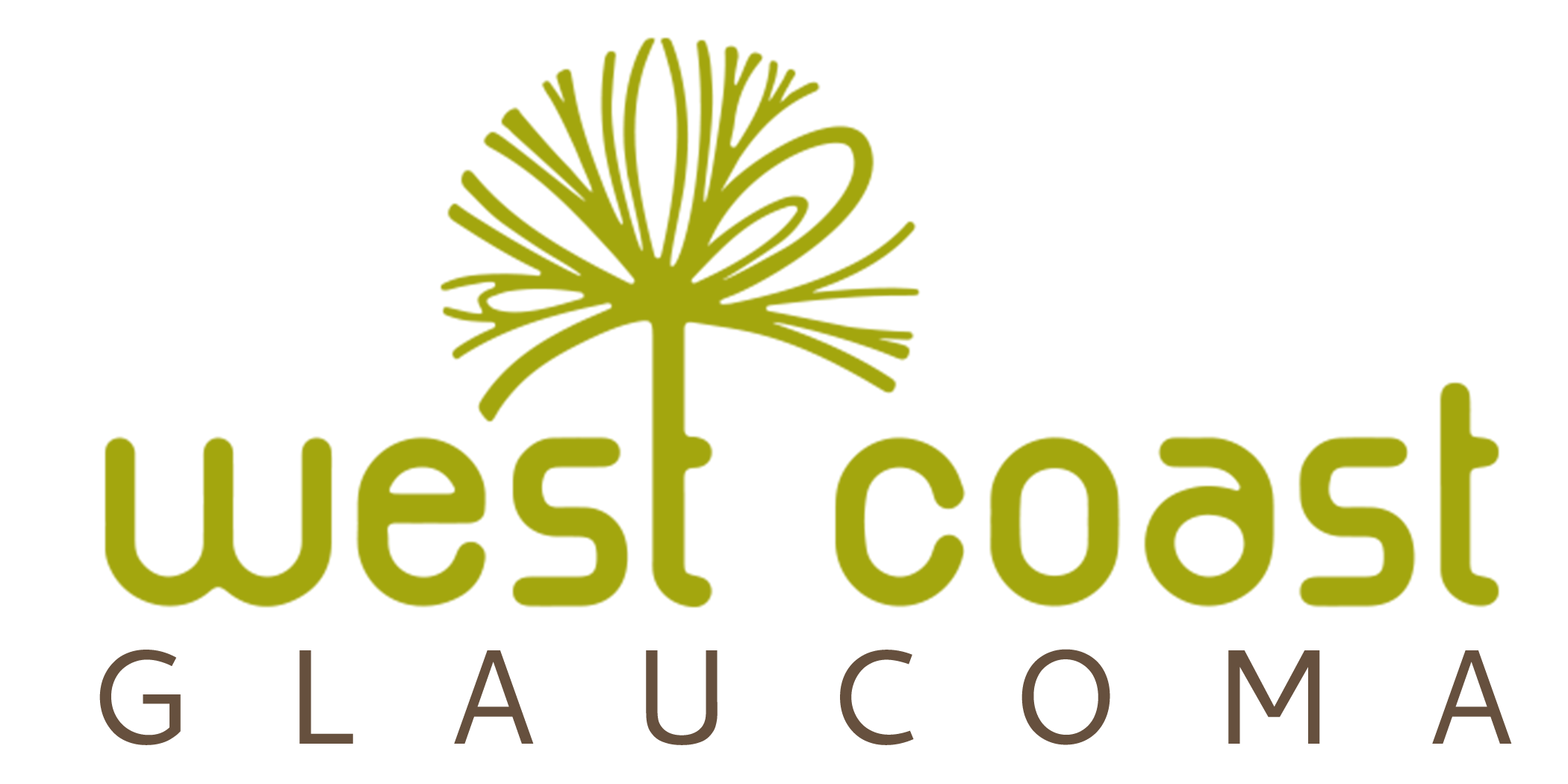Often times patients who need glaucoma surgery are referred by other ophthalmologists when all else has failed. In this case, you may already know that you will need surgery when you come for your initial consultation with Dr. Schertzer. We do our best to make sure you understand why surgery is being recommended, what the procedure will be, what its’ potential complications are, as well as what other options you may have in terms of other procedures or what might happen if no surgery is performed. If you have travelled a long distance for your consultation and your referring ophthalmologist was sure that surgery was required, arrangements may have been made for your to see Dr. Schertzer the day before your surgery. If this is the case, you would already have undergone the pre-operative testing that is described below and have already started your pre-operative antibiotic drops or other medications.
 The glaucoma surgery is usually performed within 6 weeks of the date of the decision for surgery as this is the benchmark that we have set in our region as the maximum wait for patients who are at risk of suffering additional glaucoma if they don’t have surgery. The accepted Canadian standard for waiting for cataract surgery is significantly longer than 6 weeks; the current average wait for our patients is approximately 6 months. When one eye has already had cataract surgery, the accepted standard is to wait even longer before the next eye has cataract surgery in order to give others who still need their first cataract removed the chance to see better. There are certain times of the year when the operating room may be closed for 2 consecutive weeks, such as over the Christmas break and a mid-summer closure; this can result in a delay beyond the benchmarked waiting periods.
The glaucoma surgery is usually performed within 6 weeks of the date of the decision for surgery as this is the benchmark that we have set in our region as the maximum wait for patients who are at risk of suffering additional glaucoma if they don’t have surgery. The accepted Canadian standard for waiting for cataract surgery is significantly longer than 6 weeks; the current average wait for our patients is approximately 6 months. When one eye has already had cataract surgery, the accepted standard is to wait even longer before the next eye has cataract surgery in order to give others who still need their first cataract removed the chance to see better. There are certain times of the year when the operating room may be closed for 2 consecutive weeks, such as over the Christmas break and a mid-summer closure; this can result in a delay beyond the benchmarked waiting periods.
On the day of the decision for surgery, Teresa will submit the ‘booking card’ to the VHHSC/UBC Eye Care Centre, a Vancouver General Hospital facility adjacent to our office. She will also meet with you either that very day or within the following week, in order to explain where you need to go and when, give you prescriptions for medications to take prior to and after the surgery, and any other paperwork that would need to be completed with the assistance of your family doctor. Although it is the surgeon who is responsible for making sure you have a full physical examination prior to your surgery, Dr. Schertzer feels that his skills are best used for managing patients’ glaucoma and cataracts, and that their family doctor would have a more complete grasp of any other medical conditions that you might have. Your family doctor may therefore not be able to bill the government for this pre-operative examination and have to charge you for this service.
